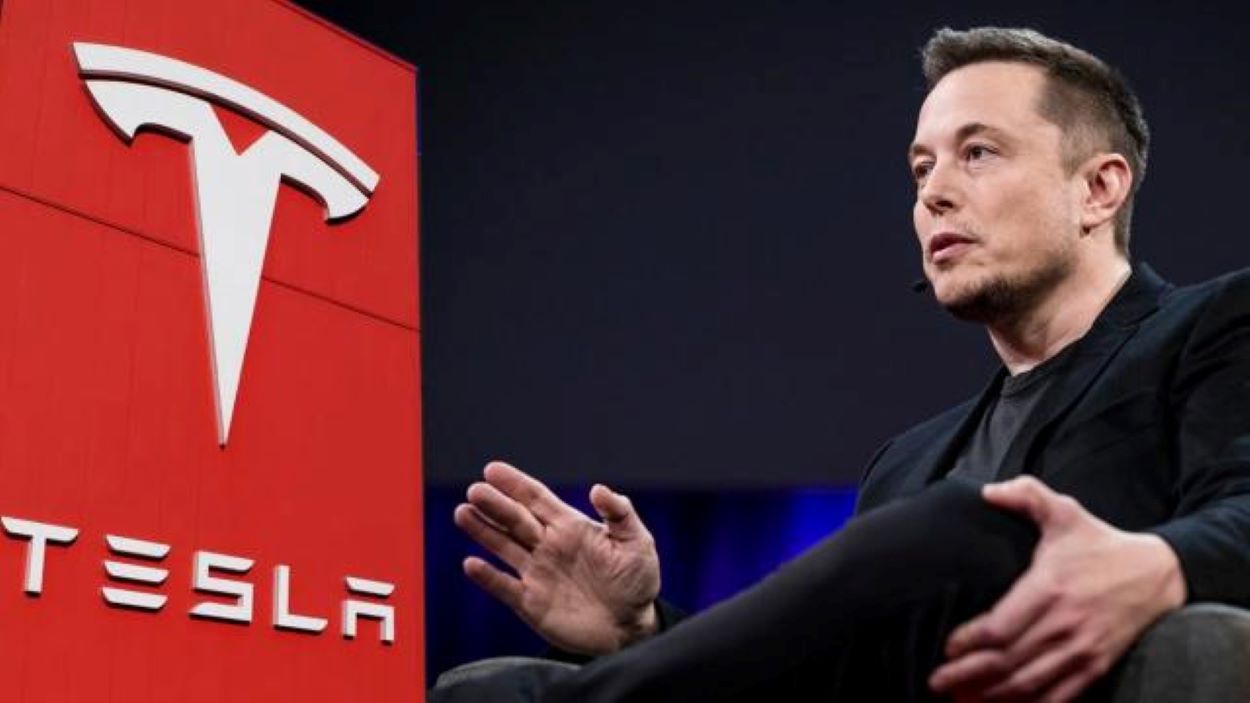Tesla faces over $800 million in unsold Cybertruck inventory, with over 10,000 units sitting idle at dealerships. This represents a significant setback for the stainless-steel pickup, which CEO Elon Musk once hailed as a game-changer for electric vehicles.
According to Bloomberg, only 6,500 units were sold in Q1 2,025, far below Musk’s 250,000 annual target. The Cybertruck risks becoming Tesla’s first major flop, driven by its polarising design, build quality issues, and Musk’s controversial public image.
Cybertruck Sales Slump
Musk’s ambitious claim of selling 250,000 Cybertrucks yearly has faltered, with Q1 2025 sales barely reaching 2.6% of that goal, per Reuters. The $69,990 rear-wheel-drive model, launched in April 2025, failed to boost demand, leading Tesla to shift workers from Cybertruck production to the Model Y line, as reported by Electrek.
🚘 Trump given Cybertruck motorcade through Doha pic.twitter.com/XQvtONPTDD
— The Telegraph (@Telegraph) May 14, 2025The Cybertruck’s brutalist aesthetic, patchy build quality, and high price ranging from $69,990 to over $100,000—have drawn criticism, with analysts like Wedbush’s Dan Ives calling it a “culture war symbol” rather than a practical EV, per Forbes. Musk’s polarising stances, including his political alignments, have alienated some consumers. Once a selling point, the vehicle’s “armoured” appeal now fuels perceptions of excess, as noted in The Verge.
Tesla’s redirection of production resources signals a strategic retreat, with no official sales revision issued, per Electrek. The Cybertruck’s failure to meet expectations contrasts with Tesla’s Model Y success, raising questions about the company’s innovation pipeline. X discussions reflect divided sentiment: some users see the Cybertruck as a bold experiment, while others view it as a “midlife-crisis machine” clogging lots, risking Tesla’s brand amid a competitive EV market with rivals like Rivian and Ford.
The Cybertruck’s flop could dent Tesla’s reputation as an EV pioneer, with financial strain from unsold inventory potentially costing $80,000 per unit, adding pressure, per Bloomberg estimates. The controversy underscores the risks of Musk’s personal brand overshadowing product strategy.






